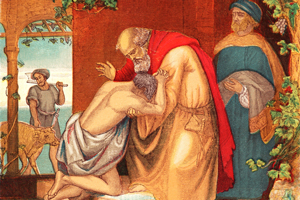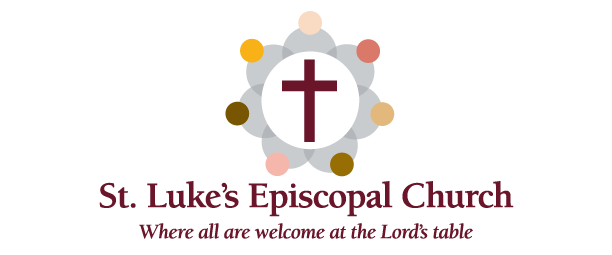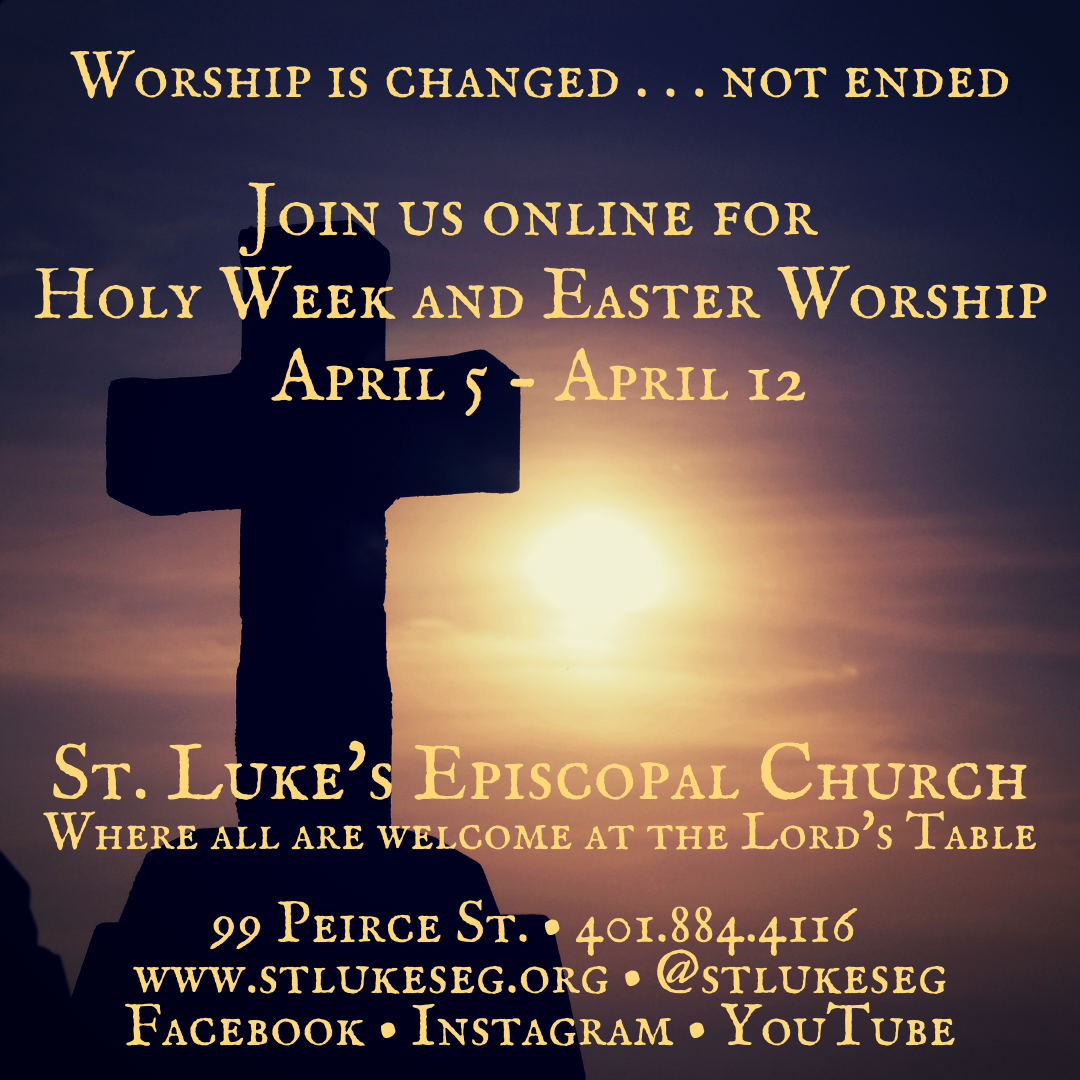Home > Lenten Blog 2023
The Real Emotional Reflections of The Prodigal Son
March 11, 2023

Micah 7:14–15,18–20 | Psalm 103:1–4(5–8)9–12 | Luke 15:11–32
I would wager that many of us with siblings have felt a sense of discomfort when absorbing the story of the Prodigal Son from the Gospel of Luke. It is not for the light-hearted, due to its emotional nature. This is a subliminal text that, subconsciously or consciously, forces the listener to pick a side instantaneously.
As a teenager and young adult, I grew up in what I will kindly label as a more turbulent environment. So during church service hearing the Prodigal Son parable always sent a hot flash of anger through me. As the middle child of a set of 3, I had the eerie responsibility of what the older brother from the parable goes through in his life. Loyal. Hardworking. Patient. Forthright. I dared not to cross my parents, though time and time again, my siblings would. It enraged me. It filled my heart with coldness at times. These are all highly understood human emotions that all of us on this Earth have experienced. Being jealous or enraged by a sibling’s actions is probably the first and worst form of inner and outer conflict we experience. (Again, speaking as a sibling; but if you are an only child, your relatability to this parable may have come into form when having dealt with a cousin, schoolmate, or friend.)
Unlike the elder brother in the parable, I had no one to firmly reassure me of the value of my life. What the elder brother hopefully realizes in that moment is that he is fully loved, supported and wanted; spoken so eloquently by his father… “Son, you are always with me, and all that is mine is yours. But we had to celebrate and rejoice, because this brother of yours was dead and has come to life; he was lost and has been found.” I know that if similar words or sentiments were said to me at my most dire times of sibling rivalry and discomfort, I would have begun my healing process years earlier. MANY of us can relate to the older brother.
And on the flip of the coin, we can relate to the younger brother. How many of us have been given a gift of sorts that we simply just don’t know how to handle? How many of us have acted on impulses both big and small? I know I most certainly have. In my undergrad, I took for granted my voice teacher. She provided me with the knowledge of the great singers she worked with in her career; such as the late Luciano Pavorotti and singing at the Metropolitan Opera for 10 years. She treated me as her own daughter. Giving me books and music scores so I wouldn’t have to buy them. She provided me with tokens of gratitude, clothing, food, etc.; this way I could make it through school, something I was doing completely on my own by my junior year. One year, during the end of the semester recital series, I messed up my recital so badly that it clearly brought shame down upon my teacher. I embarrassed her, which I know hurt deeply. She had quite literally given me her entire world, and due to my personal life being a crazy party of messes at the time, I could not see what value she had truly bestowed. I didn’t care nor understand, until that moment of absolute dismal singing.
Like the father in the parable, my teacher gave me the consoling and reassurance I needed after I sobbed in her arms, pleading for forgiveness for not taking my craft seriously. For not allowing her wisdom to be fully absorbed. That day she saved my life. She showed me that through my educational squandering, she would still be there to lift me up, even through her disappointment. I had not had that from any adult figure in my life until then. It felt foreign. How could someone that I let down still be open to embracing me fully, even through my errors? As a kid, a ‘mess up’ was a big deal for me. I would be accosted and reprimanded without any affirmations of love. It caused me to become a perfectionist in many ways, making sure not to upset the adults in my life. So of course, when I got to college I was finally free and let loose. Having that moment with my voice teacher, when it all came to face; was of the same vein as the moment the younger son has with his father in this parable. Through our own stories MANY of us can relate to the younger brother.
My voice teacher and the father from The Prodigal Son are both gleaming examples that God shows us mercy and loves us unconditionally. Since I have felt the angst and sorrow of both brothers, I can confirm that people can and do change and it is up to us as Christians to remember that everyone’s path is different and THAT is for a reason. We all learn the same lessons along the way; in different moments of time and with different people. But we learn them; whether it be early on in life, like in my case or much later in life. The message from the parable will forever ring true; through all emotions and lessons that we feel and learn, GOD will always love us unconditionally.
Arielle Rogers-Wilkey


